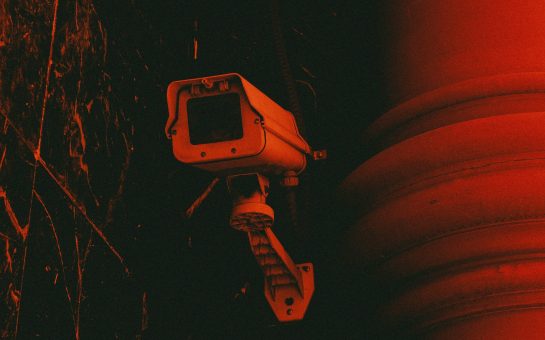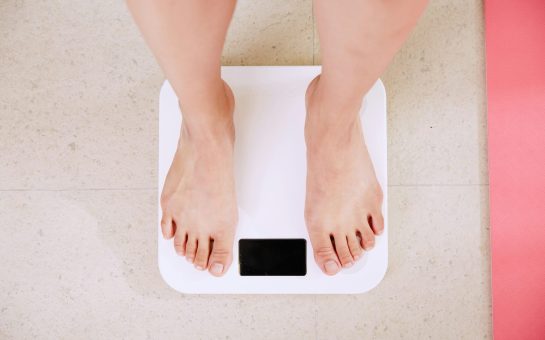By Reemul Balla
May 7 2020, 19.45
Follow @SW_Londoner
“The world outside scares me. It’s loud, it’s big…I feel lost when I’m out there.”
Heading out for a pint and dinner with a few mates is a far cry from current life under lockdown.
Even getting some fresh air is a conscious double take. Humans are conditioning to the new normal.
Yet, for agoraphobia sufferers the very thought of stepping outside their front door is physically and mentally paralysing on a daily basis.
Agoraphobia is an anxiety trap where sufferers fear to venture beyond what they regard as their safe space – usually their homes.
Around five million people suffer from it in the UK alone.
Since the complex condition is personal to each individual, the healing process is neither straightforward nor quick.
Lockdown has introduced a familiar-unfamiliar situation of domestic confinement for agoraphobics, affecting their road to recovery in different ways.
“I was on a plane when it first began. I couldn’t breathe and felt like I was going to pass out,” said Jamie Donoghue, 36.

At the time he had no idea what was happening. It was his first panic attack.
Since that day, Jamie’s world shrunk to the stage where he was housebound for many years.
“I couldn’t leave the house unless I was heavily drunk,” said Jamie, who has suffered from agoraphobia for 17 years.
Jamie suffered from an onslaught of physical symptoms of anxiety from arm and chest pains to laboured breathing and the sensation of losing consciousness.
“The most pressing thing mentally is a tremendous sense of impending doom,” the finance worker at the University of Edinburgh added.
His recovery is coming on well. He occasionally has to remind himself that he has agoraphobia.
Breathing techniques, exposure therapy and cognitive behavioural therapy have all helped to reduce his anxiety.
The lockdown hasn’t posed too many strains on his mindset either.
“I feel quite at home with quarantine – pun not intended. I speak with friends and we have a weekly quiz night. It’s important to have things to look forward to and a routine during this time whether you have anxiety or not,” he said.
Jamie’s regular exercise and sleeping patterns are in line with the suggestions of senior advisor to the Scottish government, Dr John Mitchell, who urges anxiety sufferers to distance themselves from media coverage of the pandemic if it becomes overwhelming.
Although Jamie is concerned about travelling outside once lockdown lifts, his routine, partner and son all give him confidence in controlling his anxiety.
The Scottish government announced an additional £1million of funding to increase the capacity of telephone and digital mental health services for all to access.
Laura Bartley, 30, is a Welsh social welfare adviser whose agoraphobia surfaced five years ago.

“After my long-term relationship ended in 2015, I began to have severe panic attacks,” she recalls.
“I had heart palpitations and my legs constantly felt like jelly. I avoided places where I’d had an attack, or thought I might have one. Eventually, I was avoiding more and more places until I was stuck inside, at home.”
For Laura, the more environmental control she has, the safer she feels. She manages to leave the house accompanied by ‘safe’ people – her mum and two sisters. This makes her feel like a burden to her family and results in a loss of independence.
“It’s not just ‘not wanting to go out’ it’s that you physically can’t. I would shake at the mere thought of going anywhere,” said.
Before the lockdown, her recovery was progressing well through medication, therapy and support from friends and family. She returned to work, and travelled to different parts of the country, which she thought was impossible.
Quarantine is a difficult period for Laura, bringing back unwanted memories of being trapped in her house for five months.
“I maintain progress by practising going out, driving by myself and going to pubs and cafes. It is frustrating to take so many steps back,” she said.
Consultant psychiatrist at Priory’s Hayes Grove Hospital in Bromley, Kent, Dr Paul Mclaren advises: “While the lockdown may bring temporary relief to some, it is important that sufferers continue to practice going out and gradually increase the distance they go.”
Laura keeps busy at home with an array of animals: three dogs, a cat, chickens, ducks, sheep and ponies.
Sufficient sleep, a good diet, and a self-care routine is imperative for Laura to cope with her anxiety during lockdown.




